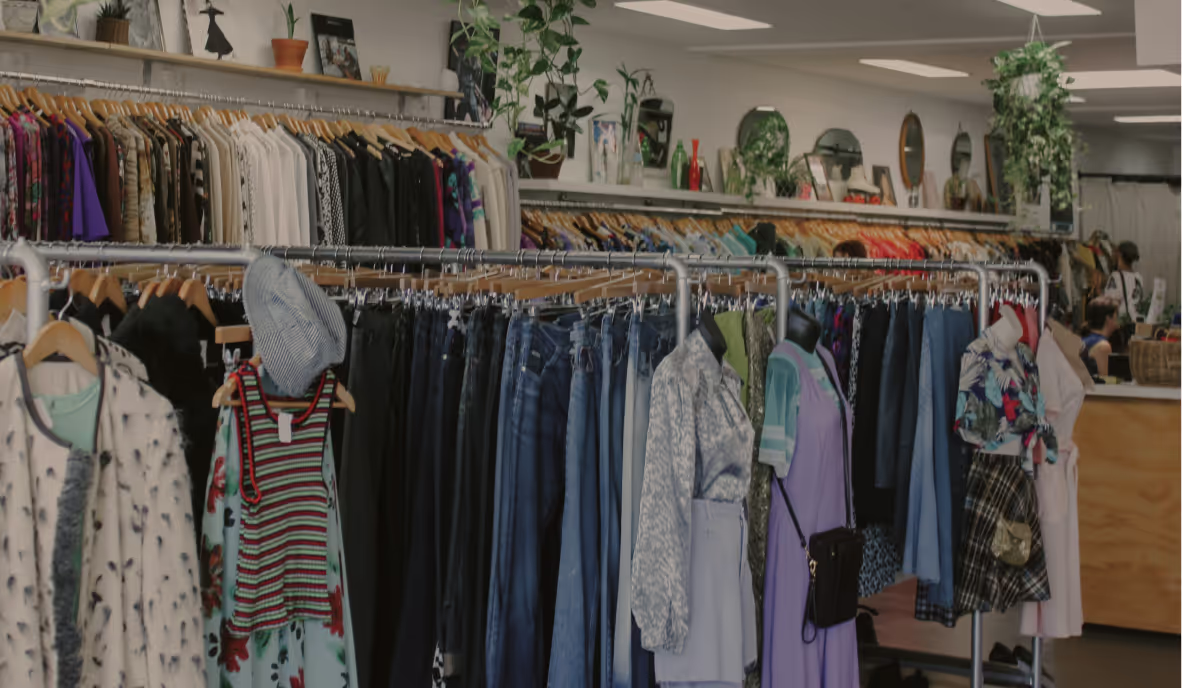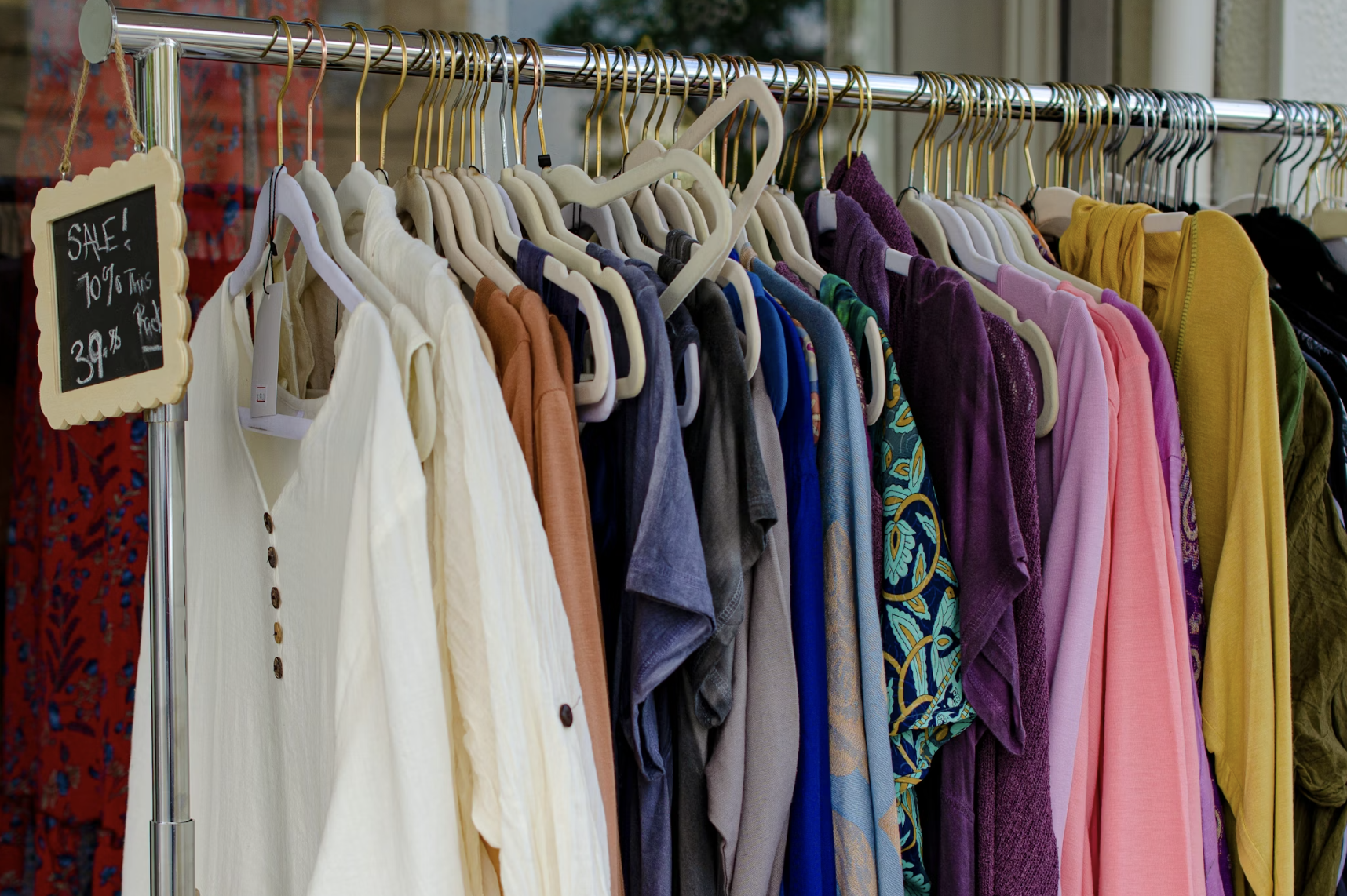How Sustainable is Polyester?

Join the community





Consumers love polyester for its wrinkle resistance, low shrinkage, and stain resistance. It also dries quickly and retains its shape.
Fashion brands also prefer polyester because it is more affordable and easier to source than natural fibers like cotton.
So it’s not surprising that polyester dominates the clothing industry. A 2023 report states that it is the most widely produced fiber, used in everything from faux leather to active wear.
But all this comes with an environmental price.
What is polyester made of?
Polyester, a common plastic, is created through a chemical reaction between ethylene glycol, derived from petroleum, and terephthalic acid. The end product of this process is the polyester yarn that is woven or knit into fabrics that we use every day.
It ranks as the third most commonly used plastic, following polyethylene, which is used in packaging and water bottles, and polypropylene, which is used to make ropes and stationary products.
Since the process uses petroleum and fossil fuels are one of the biggest drivers of the climate crisis, polyester is also harming the planet.
Is polyester sustainable?
Apart from the fact that it is made from fossil fuels, polyester's manufacturing process also poses problems. It actively consumes large amounts of energy and uses substantial quantities of water for cooling potentially depleting local groundwater resources.
As it’s made of plastic, polyester is not biodegradable. Once discarded, it can take anywhere from 20-200 years to decompose. During this time, it can leach harmful toxic materials into the soil and water, leading to contamination.
Also, when we wash clothes made of polyester, it breaks down into microfibers that pollute the air and water and also end up on our plates.
While polyester is not biodegradable, it is recyclable, and brands have been touting recycled polyester as a sustainable solution.
{{cta-join3}}
Is recycled polyester sustainable?
At first glance, recycled polyester appears to offer a sustainable solution, as it utilizes recycled plastic bottles instead of virgin plastic. But clothing made from recycled polyester typically incorporates a blend of virgin polyester, thereby sustaining the demand for new plastic production. This process also perpetuates the need for increased plastic bottle manufacturing.
While chemical recycling presents a more viable alternative to mechanical recycling by producing recycled polyester with properties comparable to virgin polyester, it remains less widespread.
Also, whether it's virgin plastic or recycled plastic, they both shed microplastics.
Which fabrics are more sustainable than polyester?
There are several sustainable fabric alternatives to synthetic fabrics that can help reduce the environmental impact of the fashion industry:
- Organic Cotton: Conventional cotton is known for its heavy use of pesticides and water, while organic cotton is grown without synthetic chemicals, using methods that prioritize soil health and water conservation.
- Hemp: Hemp is a fast-growing plant that requires minimal pesticides and water. It produces strong fibers that can be used to create durable fabrics.
- Tencel (Lyocell): Tencel is made from sustainably sourced wood pulp, typically from eucalyptus or bamboo. The production process uses a closed-loop system that recycles water and solvents.
- Bamboo: Bamboo fabric is derived from bamboo pulp and is known for its softness and breathability. However, the environmental impact of bamboo fabric can vary depending on the production methods used.
- Wool: Wool is a natural fiber that can be sustainable if sourced from responsibly managed sheep farms. Look for certifications like "Certified Organic" or "Responsibly Sourced" to ensure ethical practices.
- Linen: Linen is made from the flax plant and requires fewer pesticides and water compared to other crops. It's known for its breathability and natural texture.






.png)




